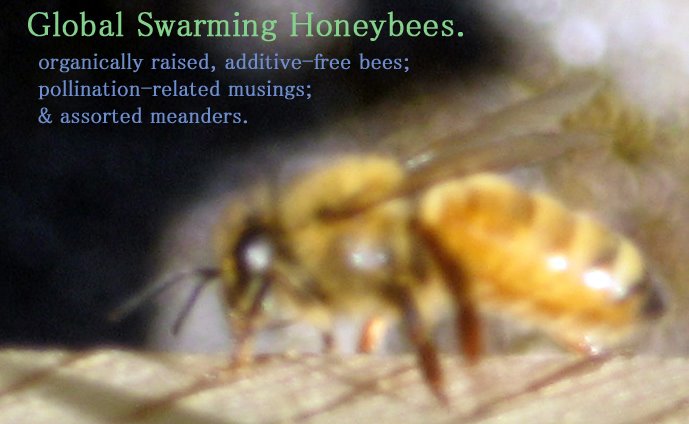Beekeeping has also rekindled childhood obsessions that, with the passage of time and the ravages of adulthood, were relegated to the sidelines.
Last summer, I wrote about how how beekeeping had "recharged" my interest in ants, those smart, social, industrious insects that mirror the lifestyle of honeybees in so many ways. Just the other day, I enjoyed a lovely meditation on a hillside meadow that included serious communion with some big black ants and their magnificent anthill. I had ants in my pants and I was happy.
Ants never seem to get the respect they deserve. They're just too small and fast and ubiquitous, and they don't make honey, or buzz around our flowers, or earn us money by their labor. But they are fascinating and important creatures without whose presence the world would be a very different, and much messier, place. Ants play a vital role in soil health and functioning, have important symbiotic relationships with many plants, and are considered "ecosystem engineers."
Bert Hölldobler, who has studied and drawn ants throughout his scientific career, was interviewed in the New York Times this week. In the interview, he talks about his longstanding collaboration with E.O. Wilson, the art of collaboration, the role ants play in our world, and what to do if ants invade your kitchen.
Read the interview with Bert Hölldobler here.


Thanks for this. After attending part of the WSF's celebration of E.O. Wilson last week, I'll be delighted to read it.
ReplyDeleteyes, I'm looking forward to checking that out, too. Good sales job on the industrious ones!
ReplyDeleteI am watching ants slowly, ever so slowly, reduce the concrete in my backyard to dust. The other day on the beach, at the extreme of the high tide line, I noticed ants that were rather sand-colored.
ReplyDelete